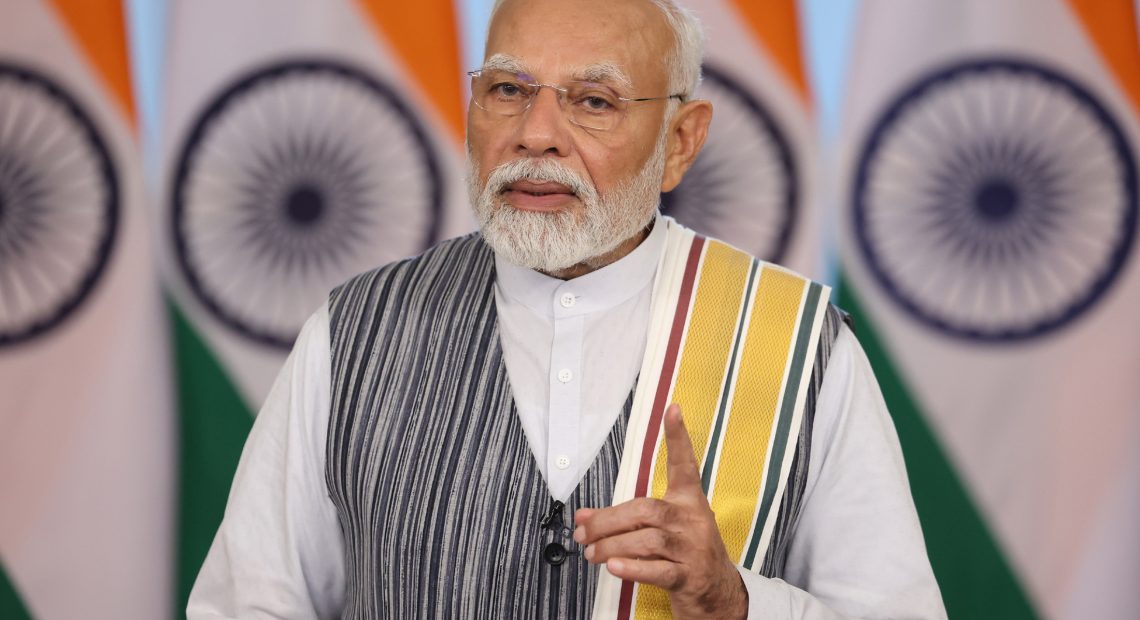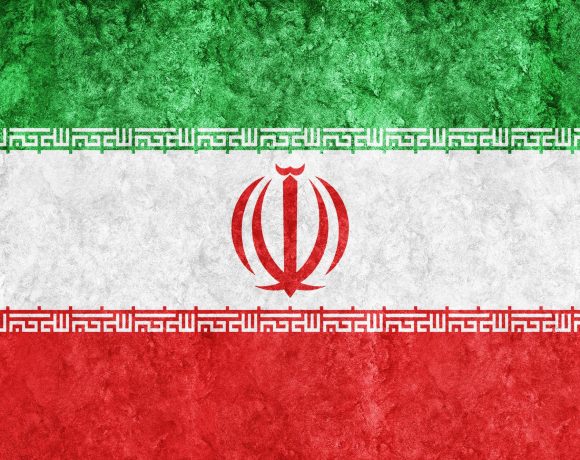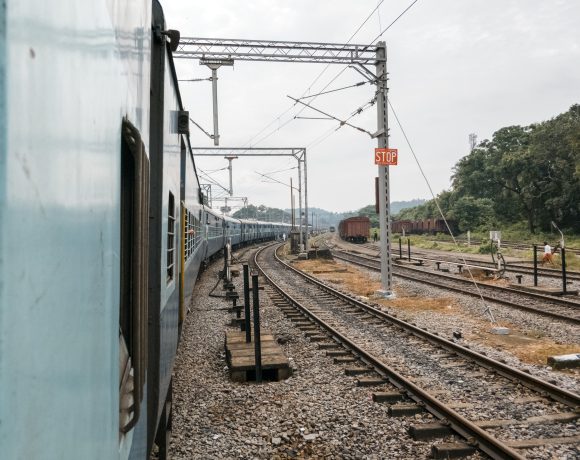
No More Personal Cabins in New Kartavya Bhavan Offices
The new Kartavya Bhavan, part of the Central Vista redevelopment project in New Delhi, is bringing a major shift in how government officials work. The building, which now houses several key ministries, has moved away from traditional cabin-based offices, adopting a more modern, open-plan layout.
This new setup replaces personal cabins with shared workspaces, common meeting rooms, and flexible seating arrangements. The shift is designed to encourage collaboration, transparency, and efficient use of space across government departments.
‘No Cabin, No Cry’ Becomes New Normal
The move has sparked mixed reactions among bureaucrats. Some senior officials have expressed concerns over the lack of privacy, fewer personal storage options, and a general sense of hierarchy loss. Others have embraced the change, seeing it as a step toward reducing the rigidity and isolation often associated with government workspaces.
Ministries including Power, Minority Affairs, and Science & Technology have already moved into the new Kartavya Bhavan. Over time, all 51 ministries currently scattered across Delhi are expected to be brought under one roof.
Security, Surveillance, and Tech-Driven Access
The building features advanced digital access control, centralized surveillance, and energy-efficient systems. Entry to specific floors and zones is managed through digital IDs, and movement is logged electronically, a significant shift from the previous manual register-based visitor management.
Officials can reserve meeting rooms through an app-based system. Laptops and paper documents must be declared at entry points, and high-speed Wi-Fi and digital file sharing platforms are now the default mode of communication.
Part of Larger Central Vista Plan
Kartavya Bhavan is one of the key components of the Central Vista project, which aims to modernize the core administrative infrastructure of the Indian government. The project also includes the new Parliament building and the renovation of Rajpath and other government complexes.
Despite some resistance from sections of the bureaucracy, the government believes the move will promote a more efficient, transparent, and accountable work culture.


















